After a slow start, the market for laptops running Google's Chrome OS — Â known as Chromebooks — Â has begun to pick up steam, new data indicates, with education customers representing a sizable majority of orders.
Google and its partners could sell as many as 7.3 million Chromebooks in 2015, according to Gartner. Some 72 percent of those will go to the education sector, where they will compete directly with Apple's iPad for technology dollars.
"Since the first model launched in mid-2011, Google's Chromebook has seen success mainly in the education segment across all regions," Gartner analyst Isabelle Durand said in a release. "In 2014, the education sector purchased 72 percent of Chromebooks in EMEA, 69 percent in Asia/Pacific, and 60 percent in the U.S. (see Table 1)."
The low-cost, often low-powered Chromebooks have not caught on in the enterprise to nearly the same degree, and consumers too have largely passed Chromebooks over. Gartner believes that may be set to change, however, as the general public warms to the idea of a cloud-centric world.
"The major factors that affect the adoption of Chromebooks by consumers remain the connectivity issue in emerging markets, but also the ability for users to understand and get used to cloud-based applications, and keep content in the cloud and ecosystem," Durand added.
Taiwanese electronics firm Acer is now the largest maker of Chromebooks, followed by Samsung and HP.
 AppleInsider Staff
AppleInsider Staff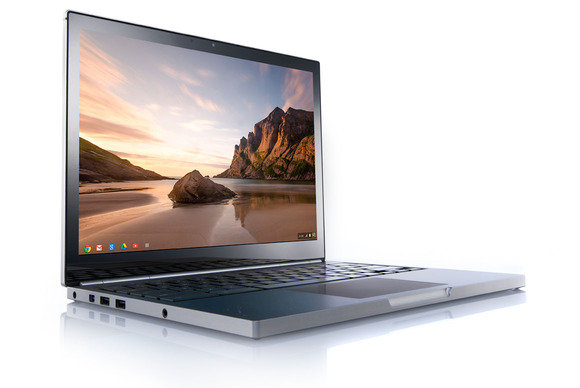








 William Gallagher
William Gallagher
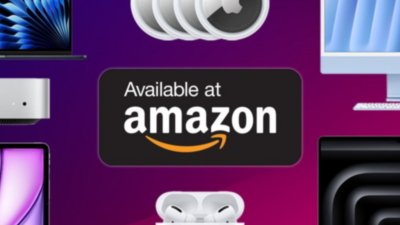
 Christine McKee
Christine McKee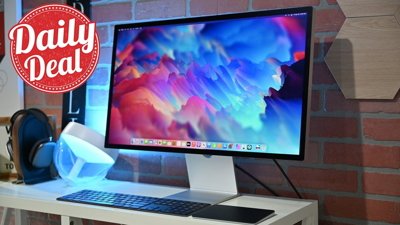
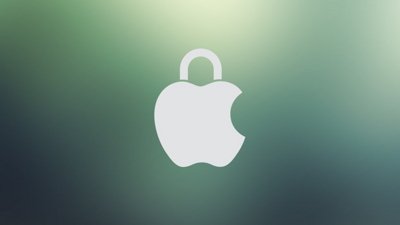
 Chip Loder
Chip Loder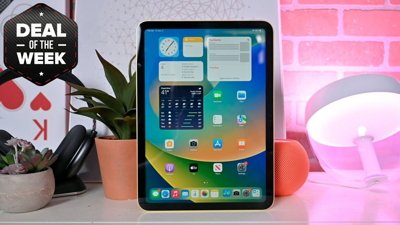
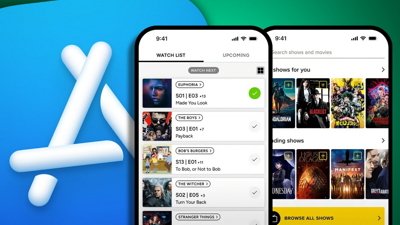
 Malcolm Owen
Malcolm Owen
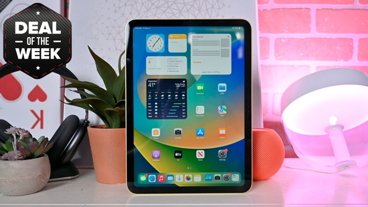
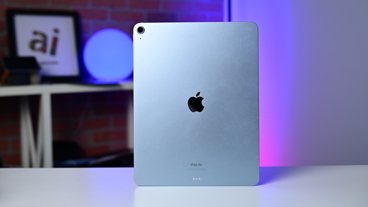
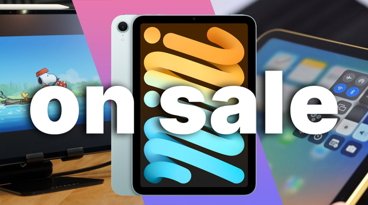






62 Comments
I dismiss everything from Gartner...they're simply astrologers. Your local one is probably better.
I can see given how quickly kids adapt to new usage models that Chromebooks would be a more economical alternative to more powerful laptops.
Apparently, the Chromebooks are far better than iPads (if there is a comparison) for administrators in schools. Also, multiple logins and so on.
The $199 HP Stream looks like a good choice for schools, but runs Windows and we know about the security issues and all of that and the cost there.
Chromebooks are great for schools and our district recently bought thousands of them.
Given that I have never seen a school district that actually knew how to use technology appropriately, this is not surprising. As long as morons and companies like Pearson continue to call the shots things will never improve. The best devices were eMates, but Apple couldn't afford to keep making those.
Working in a public K12 tech department I can confirm this, at least for my school district. We still have almost 1 iPad cart per school, but they are close to impossible to manage. Students aren't supervised with the devices resulting in a hodgepodge of configurations per cart. When that rare need for them is present, a staff member is needed to babysit each device to ensure they are setup properly and have the apps they need. Chromebooks on the other hand have next to zero maintenance. A building tech can "re-image" them in seconds, never needing application installs, and they work well for general computing devices. We have roughly 500 iOS devices in our district spanning a length of time from 2010 to 2013. We haven't boughten iPads in bulk since the iPad 4. We have reached almost 3k Chromebooks with 15 more carts on order. The hardest part about Chromebook deployment is turning them on to gather the mac addresses, but even that is painless. We've deployed several Chromebox labs as well. My biggest concern however is the impact of this lightweight OS on student technological knowledge. As some of the lower wealth school are starting to use Chromebooks in technical heavy classes.